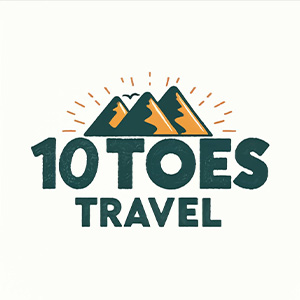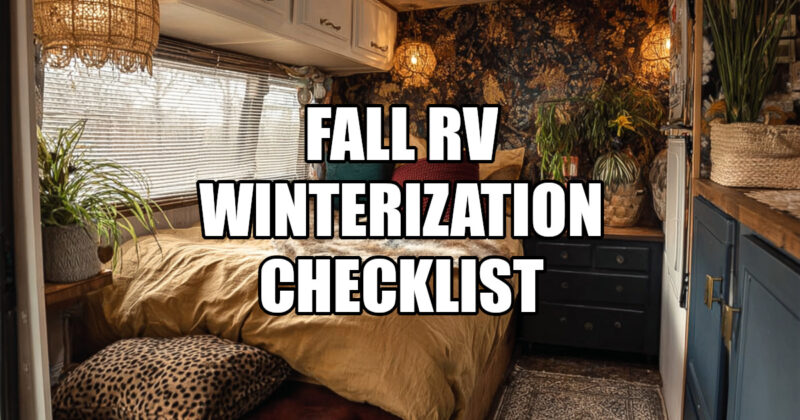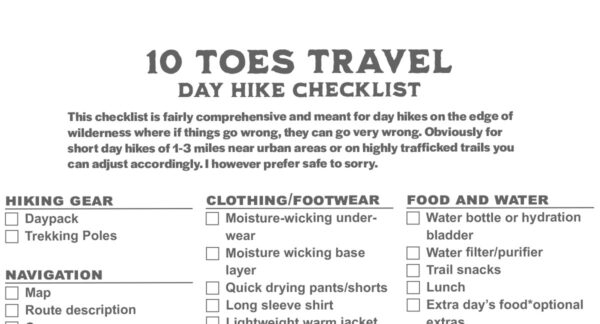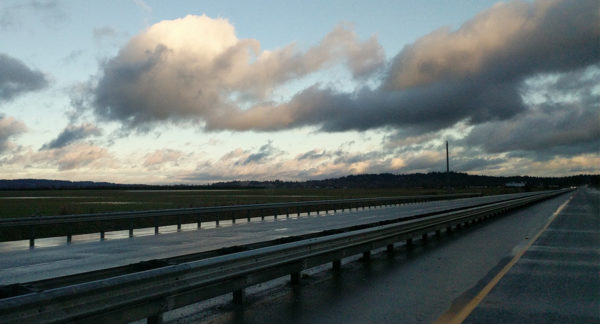As summer adventures wind down and autumn arrives, savvy RV owners know that proper end-of-season preparation is the key to stress-free spring camping. While winterizing your plumbing system gets most of the attention, these essential pre-winterization tasks will protect your investment and ensure your RV emerges from storage in pristine condition.
This comprehensive checklist goes beyond basic cleaning to address the details that separate well-maintained RVs from those that suffer costly damage during storage. Whether you’re a weekend warrior or full-time traveler, these tasks will save you time, money, and headaches when camping season returns.
Interior Deep Clean & Organization
1. Strip, Wash, and Properly Store All Bedding
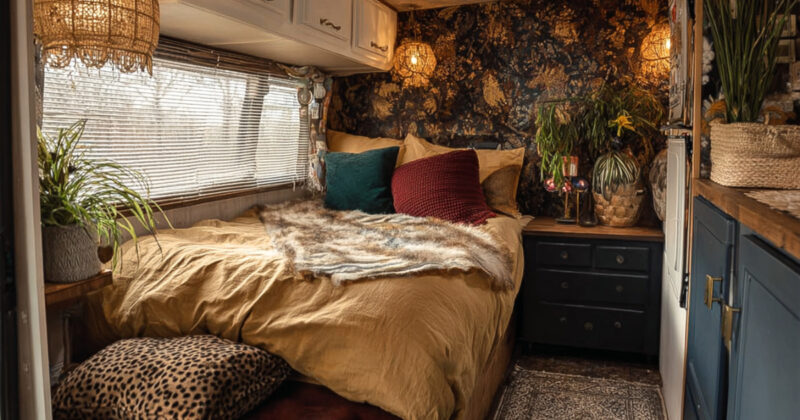
Remove all bedding including sheets, pillowcases, blankets, and mattress protectors. Wash everything in hot water to eliminate any lingering odors or allergens from the camping season. Once completely dry, store bedding in vacuum-sealed bags or airtight containers to prevent moisture, dust, and pest infiltration.
Pro tip: Add a lavender sachet or dryer sheet to each storage bag for a fresh scent come spring.
Recommended Products:
- Vacuum Storage Bags (8-Pack) – Space-saving compression bags with pump
- Cedar Storage Blocks – Natural pest deterrent for fabric storage
- Lavender Sachets – Keeps linens and blankets smelling good over the winter
2. Complete Food and Pantry Removal
Conduct a thorough food audit, removing every edible item from your RV. Check obvious places like cabinets and the refrigerator, but don’t forget hidden spots: behind appliances, inside decorative containers, emergency food supplies, and even that forgotten granola bar in the glove compartment.
Any container that isn’t securely sealed is an invitation for rodents and bugs, so don’t give them any invitations!
3. Deep Clean and Sanitize Refrigerator/Freezer
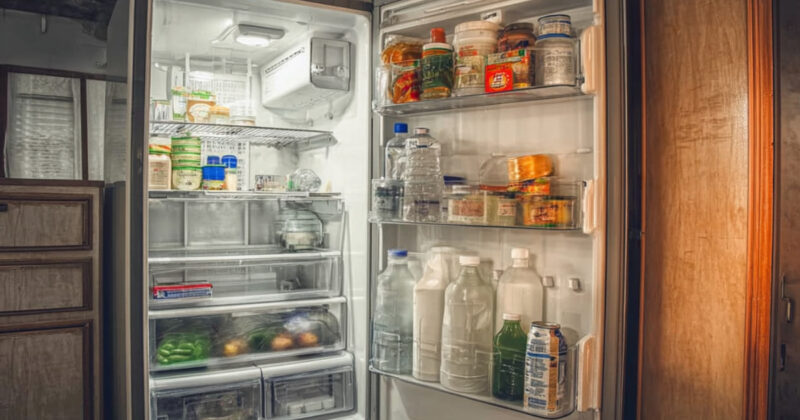
After removing all food, remove shelves and drawers for separate cleaning. Use a baking soda solution to neutralize odors and sanitize all surfaces. For persistent odors, place an open box of activated charcoal inside before storage.
Defrost the freezer completely and wipe away all ice and condensation. Leave doors propped open using a wooden spoon or door prop to maintain air circulation and prevent mold growth.
Recommended Products:
- RV Refrigerator Cleaner – Specialized cleaner for RV appliances
- Activated Charcoal Odor Absorbers – Long-lasting odor elimination
- Refrigerator Door Props – Prevents mold by maintaining airflow
4. Comprehensive Surface Sanitization
Clean all hard surfaces including countertops, cabinet fronts, light switches, door handles, and control panels. Pay special attention to frequently touched areas that harbor bacteria. Use microfiber cloths to avoid scratching delicate RV surfaces.
Don’t forget often-overlooked areas like the inside of the microwave, coffee maker reservoir, and the area around the water pump switch.
Recommended Products:
- Multi-Surface Cleaner – Safe for all RV interior materials
- Microfiber Cleaning Cloths (12-pack) – Streak-free cleaning
- UV Sanitizing Wand – Chemical-free surface sanitization
5. Thorough Floor Care
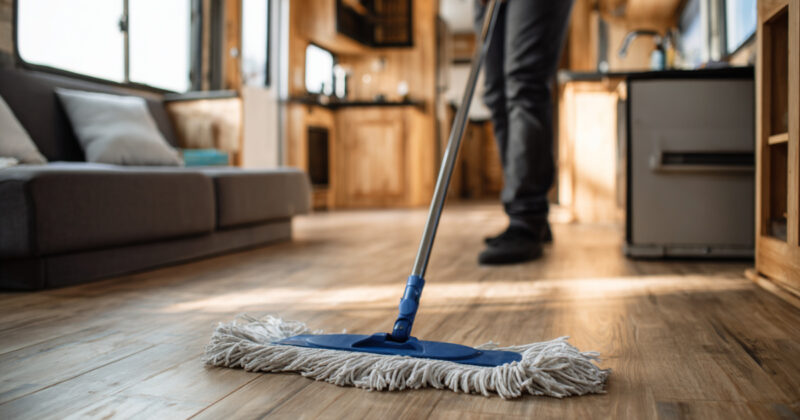
Start with a complete sweep or vacuum, moving furniture and checking under slideouts. Mop with an appropriate cleaner for your floor type, paying attention to corners and edges where grime accumulates. Allow floors to dry completely before closing up the RV.
Consider applying a protective coating to extend floor life and make future cleaning easier.
Recommended Products:
- Cordless Stick Vacuum – Lightweight and powerful for RV use
- RV Floor Cleaner – Safe for vinyl, laminate, and hardwood
- Damp Mop – Perfect for using spray cleaner to get the summer crud off the floors.
6. Upholstery and Fabric Deep Clean
Vacuum all upholstered surfaces including cushions, curtains, and carpets. Remove cushion covers if possible for separate washing. Use appropriate fabric cleaners for stains and consider professional-grade fabric protection sprays.
Check for signs of wear or damage that should be addressed during the off-season.
Recommended Products:
- Upholstery Cleaning Machine – Perfect for deep cleaning your furniture and getting stubborn stains out
- Fabric Cleaner and Protector Spray – Cleans and protects against future stains
Personal Items and Safety Systems
7. Remove All Liquid Toiletries and Medications
Remove all liquids that could freeze and expand, including shampoo, conditioner, medications, cleaning supplies, and even seemingly harmless items like mouthwash. Freezing can cause containers to crack or burst, creating costly cleanup and damage.
In addition, yummy-smelling soaps can attract rodents who will do whatever they have to get in and get to them.
Don’t forget liquid soaps, hand sanitizers, and any spray bottles tucked away in storage areas.
8. Battery System Maintenance
Replace batteries in smoke detectors, carbon monoxide detectors, flashlights, and remote controls. Remove batteries from seldom-used electronics to prevent corrosion damage. Test all safety devices before storage.
Consider upgrading to lithium batteries for longer shelf life and better performance in temperature extremes.
Recommended Products:
- Lithium AA/AAA Battery Pack – Long-lasting performance without the risk of corrosion
- Battery Storage Organizer – Keep spares organized
9. First Aid and Emergency Supply Audit
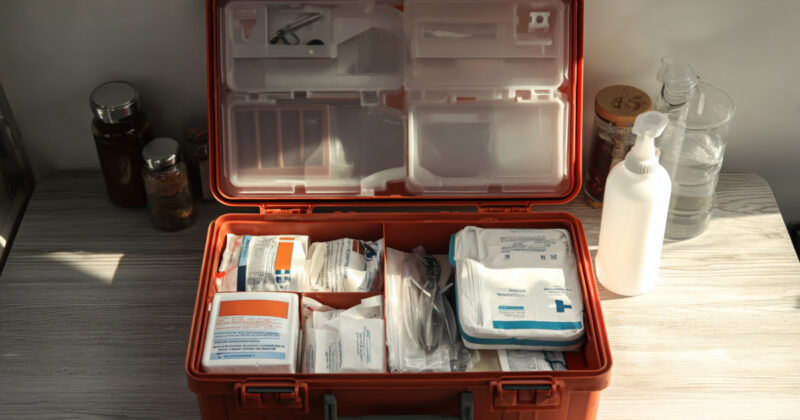
Check expiration dates on all medications, ointments, and emergency supplies. Replace expired items and restock used supplies. Consider upgrading your first aid kit based on lessons learned during the camping season.
Update emergency contact lists and ensure important documents are current.
Recommended Products:
- Complete RV First Aid Kit – Comprehensive emergency supplies for your RV
- Waterproof Document Holder – Protects important papers
Exterior and Utility Maintenance
10. Awning Inspection and Deep Clean
Extend your awning fully for thorough inspection and cleaning. Look for tears, loose hardware, or UV damage that could worsen over winter. Clean both sides with appropriate awning cleaner and allow complete drying before retracting.
Apply fabric protector if recommended by your awning manufacturer.
Recommended Products:
- RV Awning Cleaner – Removes mildew and stains safely
- RV Awning Cleaning Brush – Won’t damage awning fabric and special made for awnings
- UV Protectant Spray – Extends fabric life
11. Window and Screen Maintenance
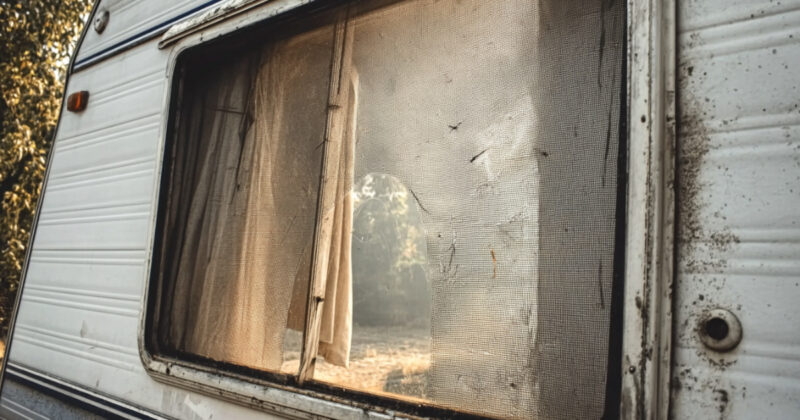
Remove and clean all window screens, checking for holes or weak spots that need repair. Clean windows inside and out, and inspect seals for gaps or deterioration. Apply appropriate treatments to prevent UV damage.
Consider upgrading damaged screens to better materials for improved durability.
Recommended Products:
- Screen Repair Kit – Fix small holes and tears or replace whole screens
- Window Seal Conditioner – Prevents cracking and leaks
12. Outdoor Equipment Storage
Clean and properly store all outdoor gear, including chairs, tables, grills, and portable equipment. Apply protective coatings where appropriate and ensure everything is completely dry before storage.
Consider upgrading storage solutions for better organization and protection. Read my post on cleaning and storing your camping chairs for more info!
Recommended Products:
- BBQ Cleaning Tools – Clean up that grill after a summer of fun so it doesn’t rust!
- Outdoor Furniture Cleaner – Make the furniture fresh before you put it away!
Pest Prevention and Climate Control
13. Seal All Entry Points
Inspect and cover all exterior vents, exhausts, and openings with appropriate covers or screens. Check around air conditioners, refrigerator vents, and any gaps in skirting or slideouts.
Use steel wool for small gaps that mesh won’t fit, as rodents cannot chew through it. Apply fresh caulking where needed to prevent leaks.
Recommended Products:
- Gap and Roof Sealant – Seal gaps around windows and recoat the roof if needed.
14. Install Moisture Control Systems
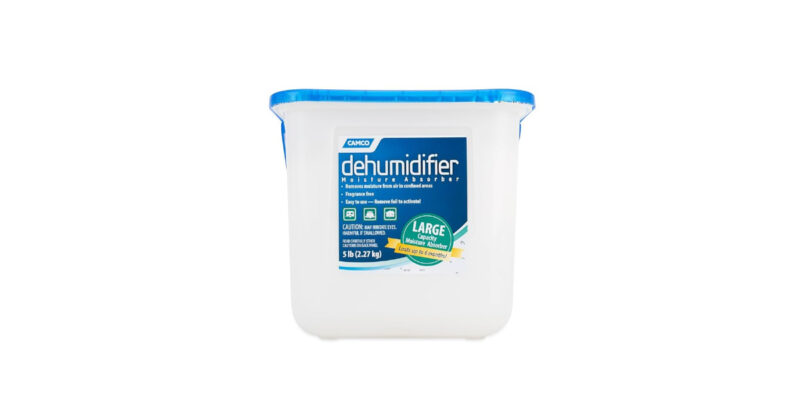
Place multiple moisture absorbers throughout the RV, focusing on closed areas like bathrooms, bedrooms, and storage compartments. Consider upgrading to rechargeable moisture eliminators for better long-term protection.
Monitor moisture levels if your storage location experiences high humidity.
Recommended Products:
- Install a Dehumidifier – A dehumidifier with drain can help prevent mold and funk
- Moisture Absorbing Canisters – Effective moisture absorption
15. Protect Interior from UV Damage
Close all blinds, curtains, and window coverings to protect interior furnishings from UV damage. Consider upgrading window treatments if current ones show wear or don’t provide adequate coverage.
UV damage is cumulative and can significantly reduce your RV’s value over time.
Recommended Products:
- UV Protection Window Film – Additional protection for large windows
- Thermal Window Covers – Insulation and UV protection
- Furniture Protection Covers – Extra protection for expensive furnishings
Advanced Protection Strategies
16. Tire and Exterior Protection
Clean and inspect tires for wear, checking sidewalls for cracks or damage. Consider tire covers for UV protection during storage. Clean the exterior thoroughly and apply appropriate protectants to prevent oxidation and fading.
Don’t forget to clean and protect your RV’s roof and any rubber seals.
Recommended Products:
- RV Tire Covers (Set of 4) – UV protection during storage
- RV Wash and Wax Kit – Complete exterior protection
17. Create a Spring Startup Checklist
Document any maintenance needs discovered during your end-of-season inspection. Create a prioritized list of repairs, upgrades, or replacements needed before next season. Include photos of problem areas for reference.
This preparation makes spring commissioning much more efficient and helps prevent forgotten issues.
Final Thoughts: Investment in Your RV’s Future
These comprehensive end-of-season tasks represent more than just cleaning—they’re an investment in your RV’s longevity, value, and your future camping enjoyment. While the process may seem extensive, spreading these tasks over a few weekends makes them manageable and even enjoyable.
Remember that every hour spent in proper preparation can save you dozens of hours and hundreds of dollars in spring repairs or emergency fixes during camping season. Your future self will thank you when you arrive at your first campsite with everything clean, organized, and in perfect working order.
Consider creating a personalized checklist based on your specific RV model and camping style, adding tasks specific to your unique setup or previous experiences. The goal is creating a systematic approach that becomes second nature, ensuring your RV remains a reliable partner in your outdoor adventures for years to come.
Pro Tip: Take photos of your completed preparations. These serve as great reference points for next year and help you remember exactly how you left things when spring arrives!
